Minimalism: can it be applied to your beauty routine?
In a time where many of us are thinking about slowing down, paring back, and getting rid of what is not necessary, I thought it would be a great time to talk about how minimalism, the art of living with less, can be applied to your skincare and beauty routine.
Minimalism is not a new thing, but it is trendy, and what it means is that the essential things in life are what you concentrate on quality over quantity. This concept flies in the face of our culture in many ways; we tend to gravitate towards fast fashion and the desire to have the newest thing often casting aside or even duplicating something we already own. I'm willing to bet if I were to look under the sink in most of your bathrooms that there would be at least four duplicates for something you are currently using (I have a wardrobe of half-used body lotions because I impulse purchased a new scent on a whim). So let's look at what we can do to be more mindful of what we need and streamline our products.
THE BASICS FOR HEALTHY RADIANT SKIN
- Cleanser
- Toner/Mist
- Exfoliant
- Serum
- Moisturizer
- SPF
Cleansers should be gentle and effective at both cleansing your face and removing makeup. If your skin is oily, I recommend a low-foaming gel cleanser as your primary cleanser (exfoliating cleansers are useful but should not be the main method of cleaning your face because they can be stripping). If your skin is normal to dry, your cleanser should be a milk or oil formula to help maintain your skin's optimal moisture balance.
Toners are an interesting step in your routine. They were initially used to correct pH balance on the skin that had been thrown off by harsh cleansers. Harsh cleansers still exist, but most used professionally are pH adjusted to keep the skin at a healthy range of 6.5-5.5.
Modern toners, often called mists or essences, are used to prep the skin for better absorption of performance products that can make changes on the skin.
Exfoliation is a step that should never be forgotten, especially as we age. At the age of 18, the skin naturally turns over approximately every 21 days, but as we age, this process can extend to 60 days before the skin will renew itself without our intervention. Gentle exfoliation using enzymes can be done as frequently as three times a week without causing dryness or damage to the skin's protective barrier.
Serums are your skincare routine's powerhouse product. Designed with thinner formulations without added fats or buffers allow target ingredients in serum's to penetrate deeper into the skin and trigger desired changes in the skin. Avoid purchasing a "one product that does it all," serums should have no more than one or two objectives to accomplish. Products that promise too much typically accomplish very little. In your 20s and 30s, your serum should always contain antioxidants like vitamin C to protect from free radical damage from pollution and UV exposure, which will help slow the aging process. In your 40s, serums that boost collagen production and help to brighten skin and keep the skin's youthful glow and preserve volume. For the 50 something, firming and lifting serums can help to provide more structure to skin that may be showing signs of estrogen decline. Over 60, the use of a growth factor serum at least once a year can help get skin cells communicating again, help repair past damage, and boost natural processes that provide the skin with more firmness and elasticity.
Moisturizers are the protective cap that we put on our skin to keep the correct balance of hydration and moisture. Modern lifestyles and environments make moisturization necessary as our skin is constantly bombarded with free radicals, bacteria, and other assailants to our immune system. Choose a moisturizer that protects your skin and helps keep it in a state of balance.
Never compromise on your sunscreen. An SPF 30 or higher every day is necessary to protect against sun damage, premature aging, and skin cancers. If your skin is brown to dark spots and discoloration, be sure to use a mineral-based sunscreen with titanium dioxide or zinc oxide listed as its active ingredient. Remember that makeup does not count as your sunscreen; the amount of coverage you would need from your color cosmetics to reach the SPF number on the label is not only unattractive but is also unattainable.
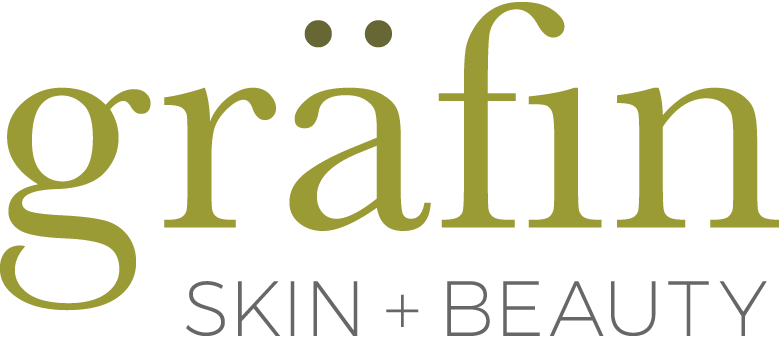
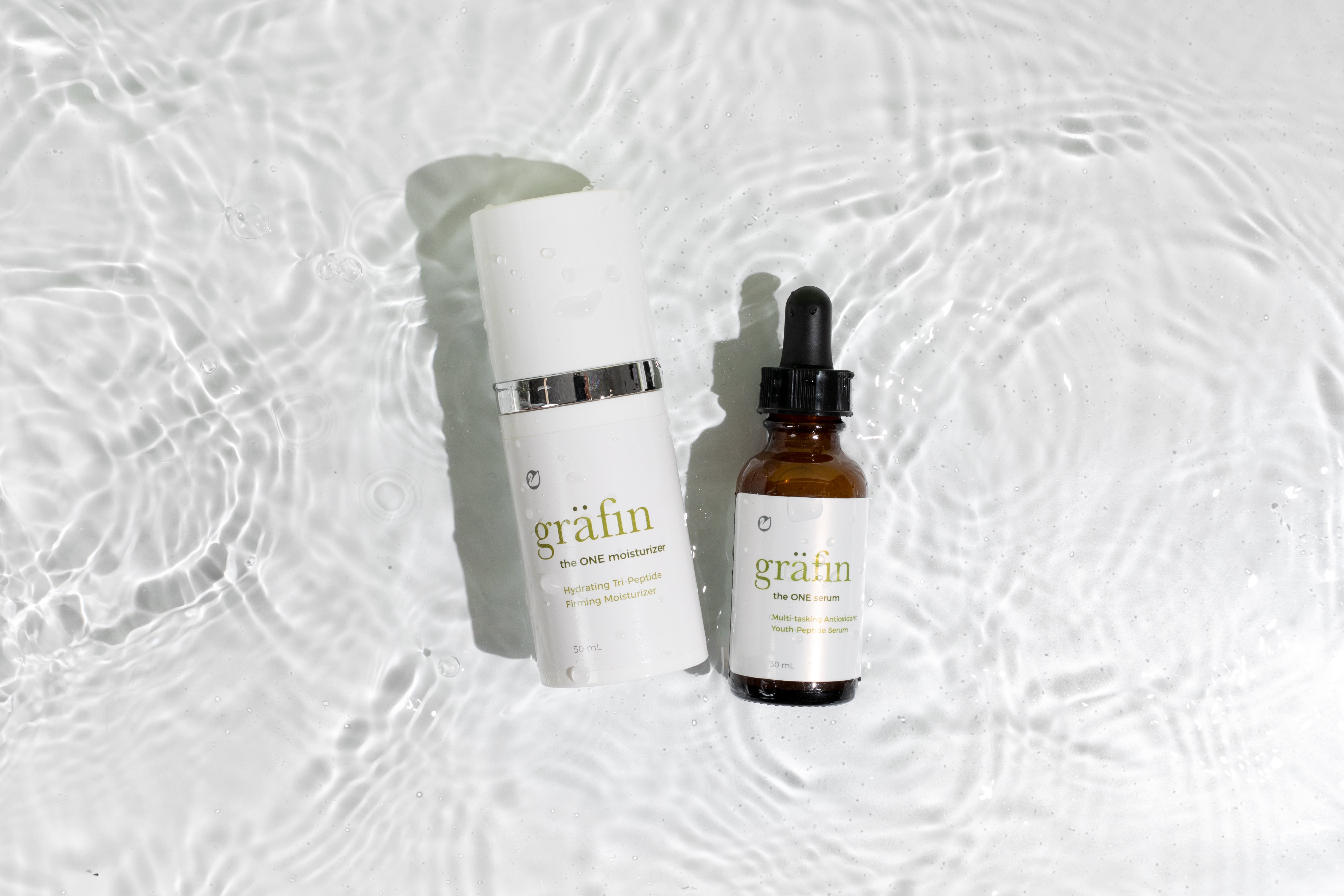
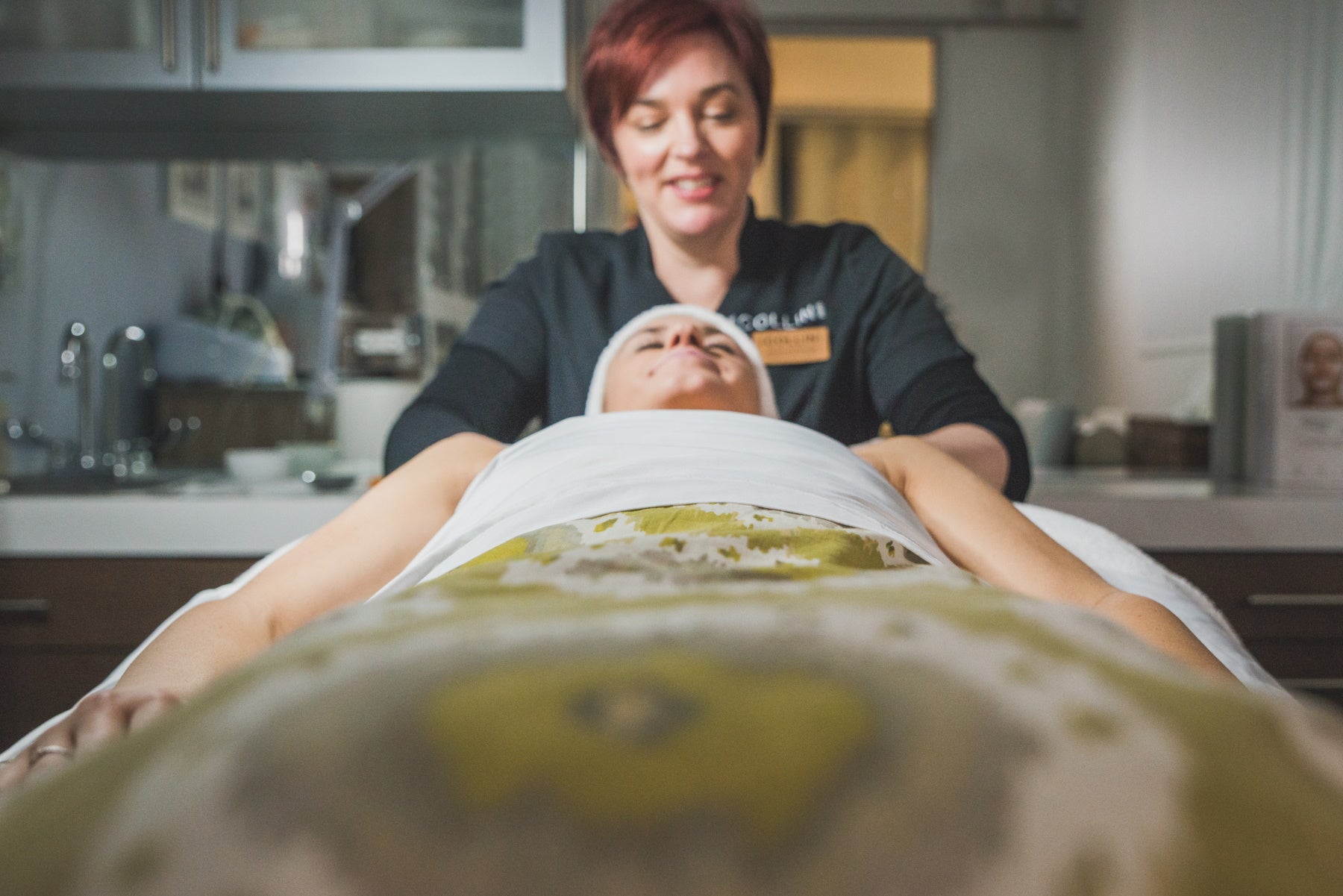
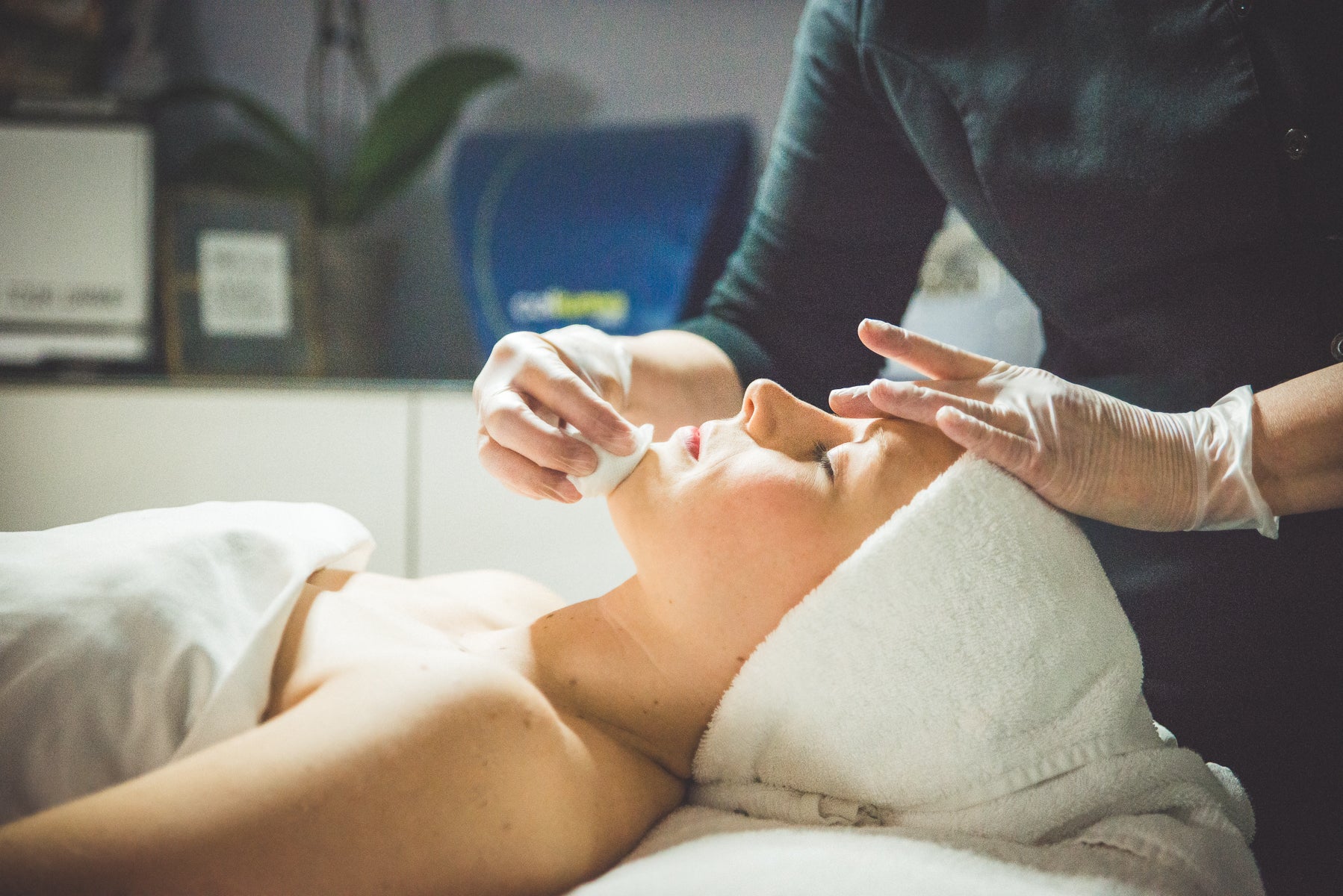
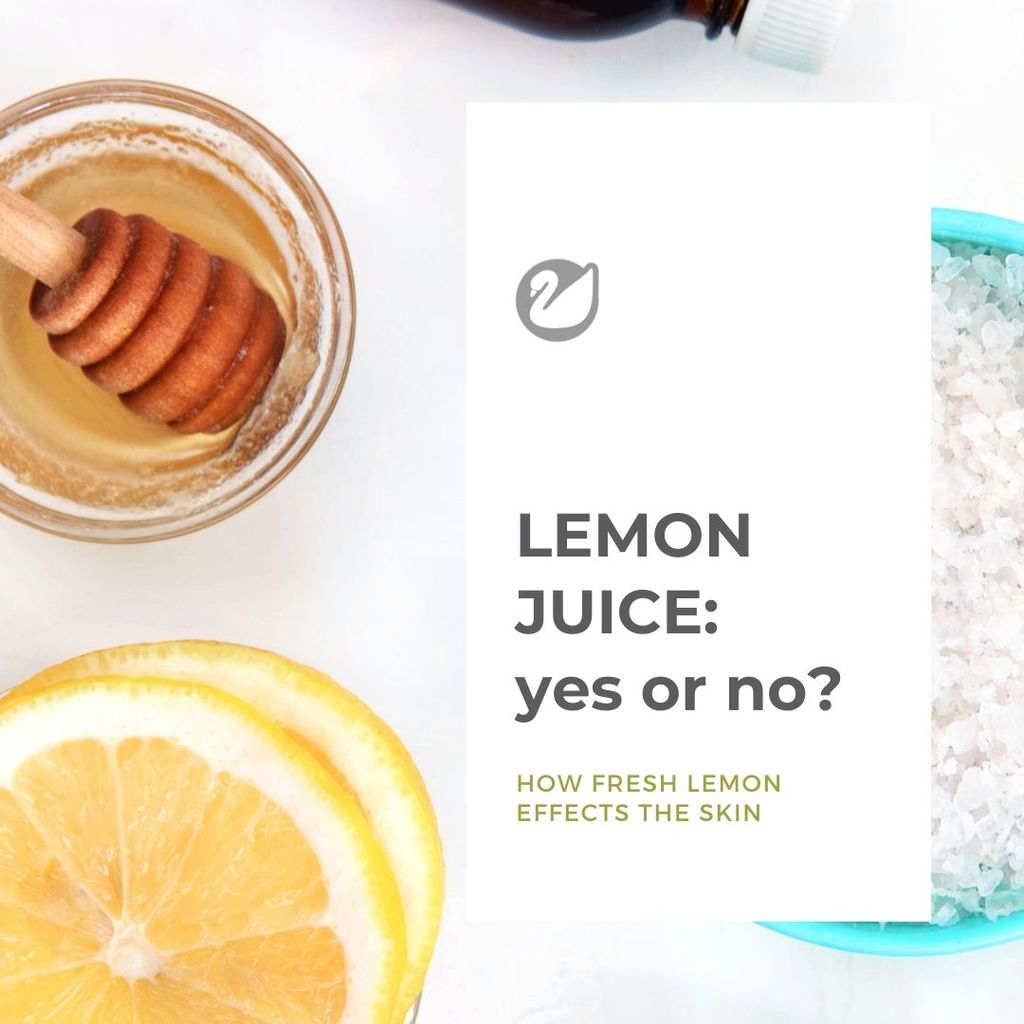
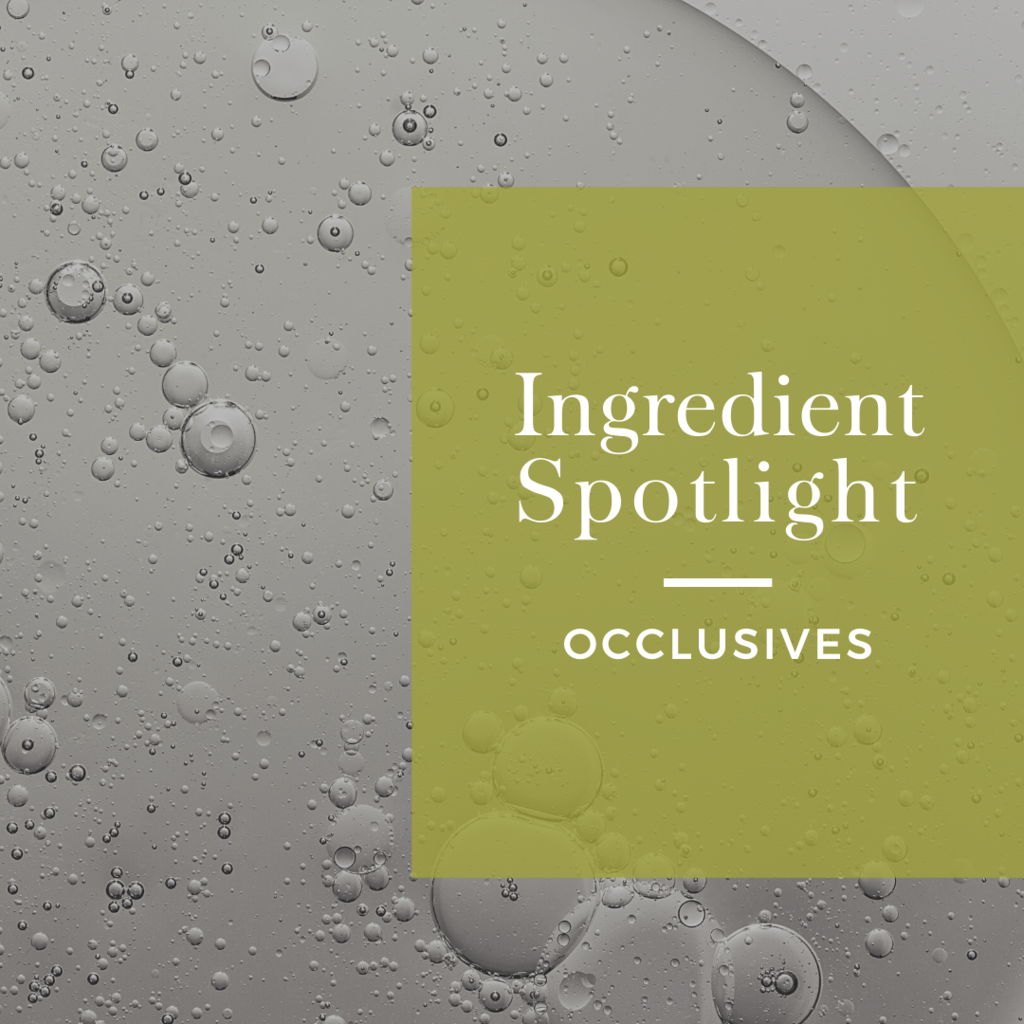
Leave a comment
This site is protected by hCaptcha and the hCaptcha Privacy Policy and Terms of Service apply.